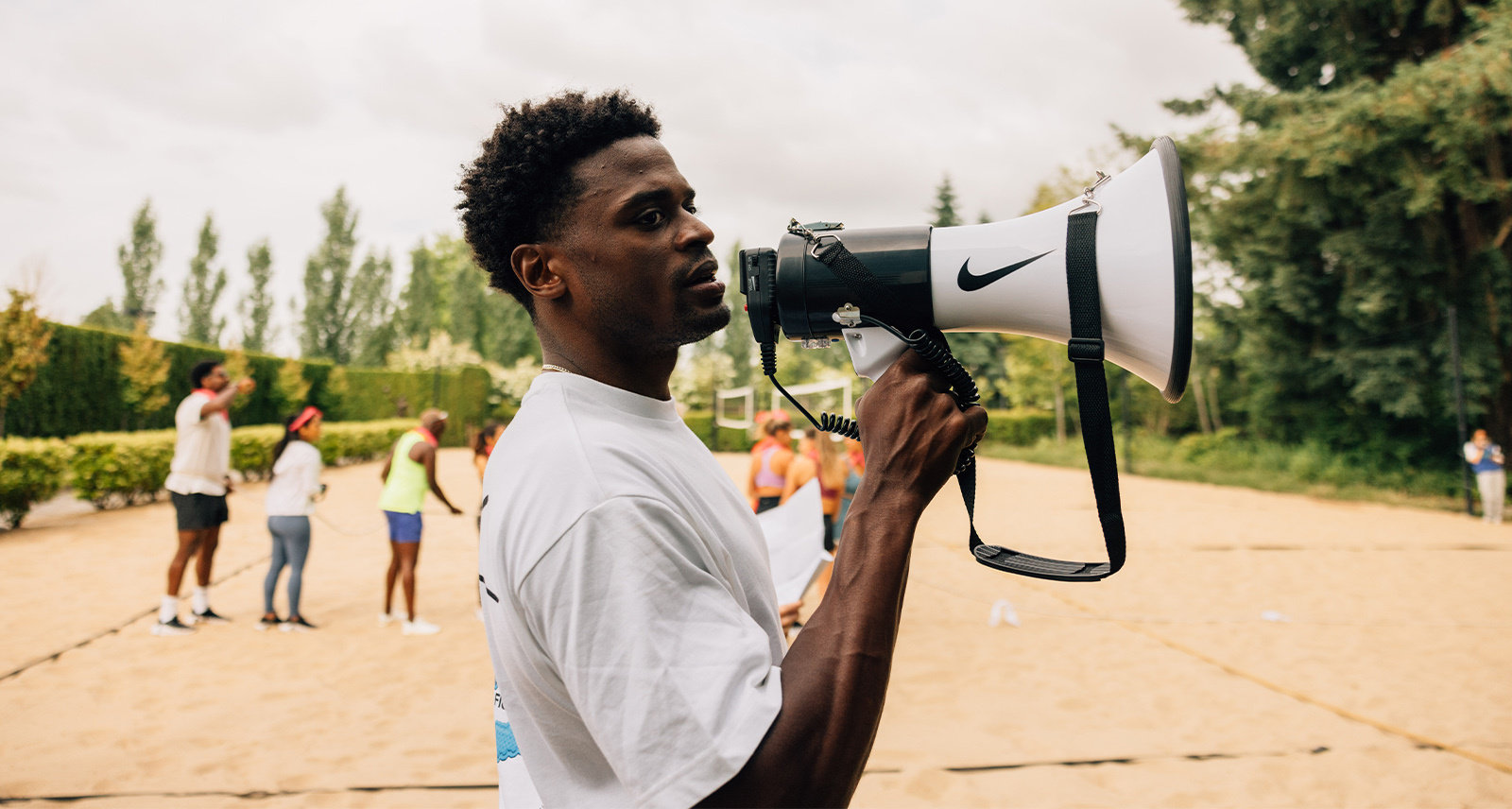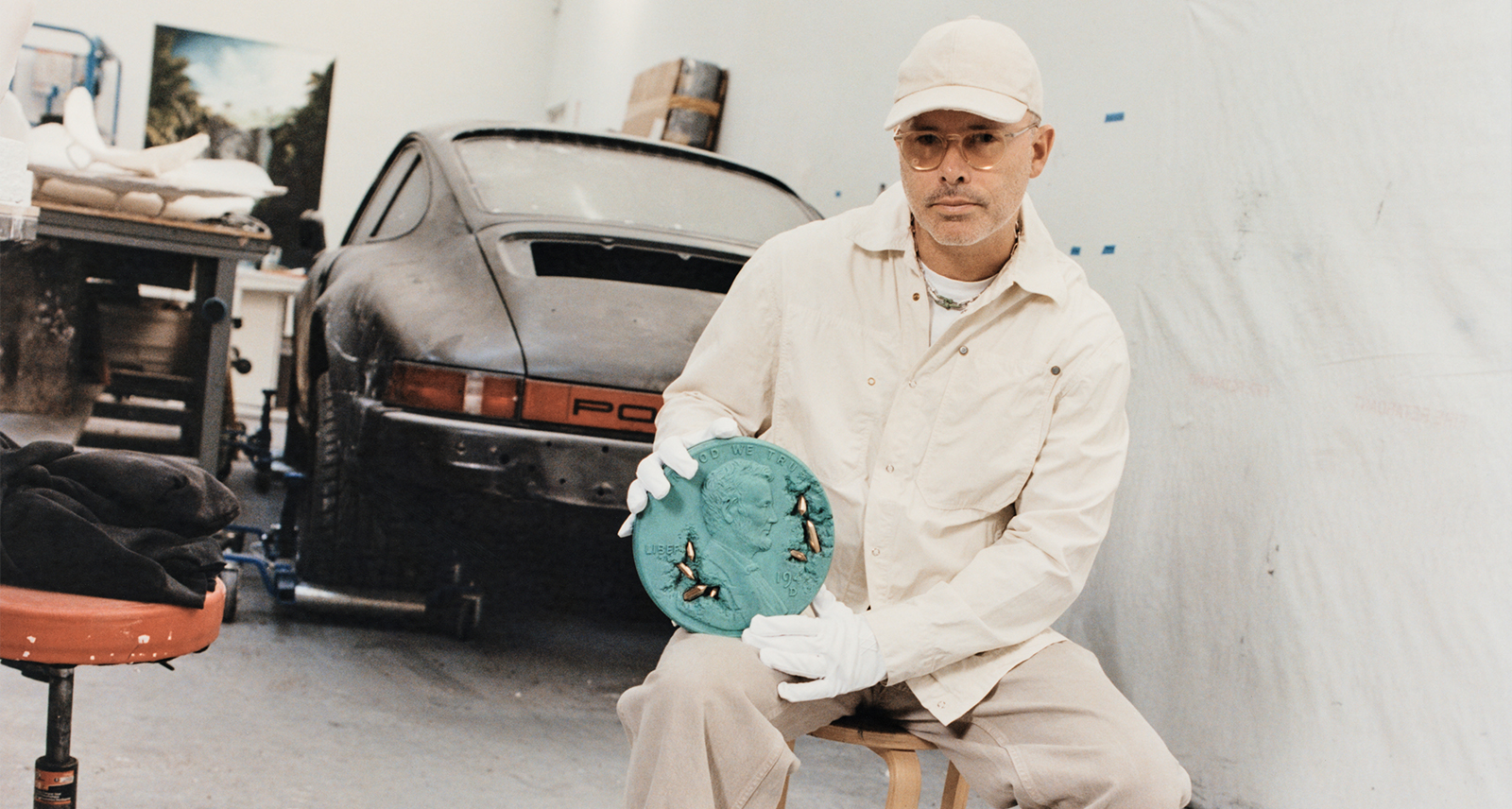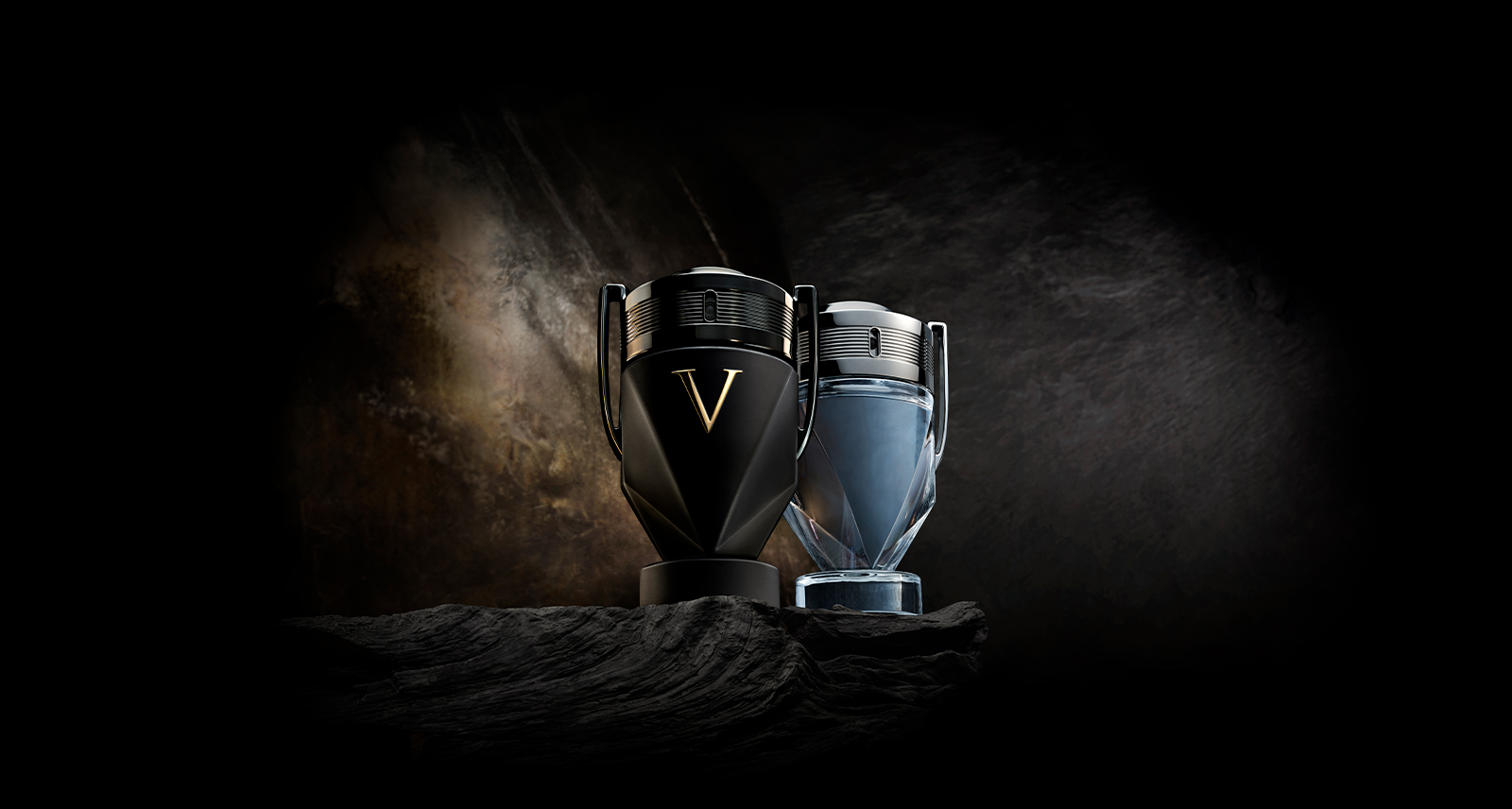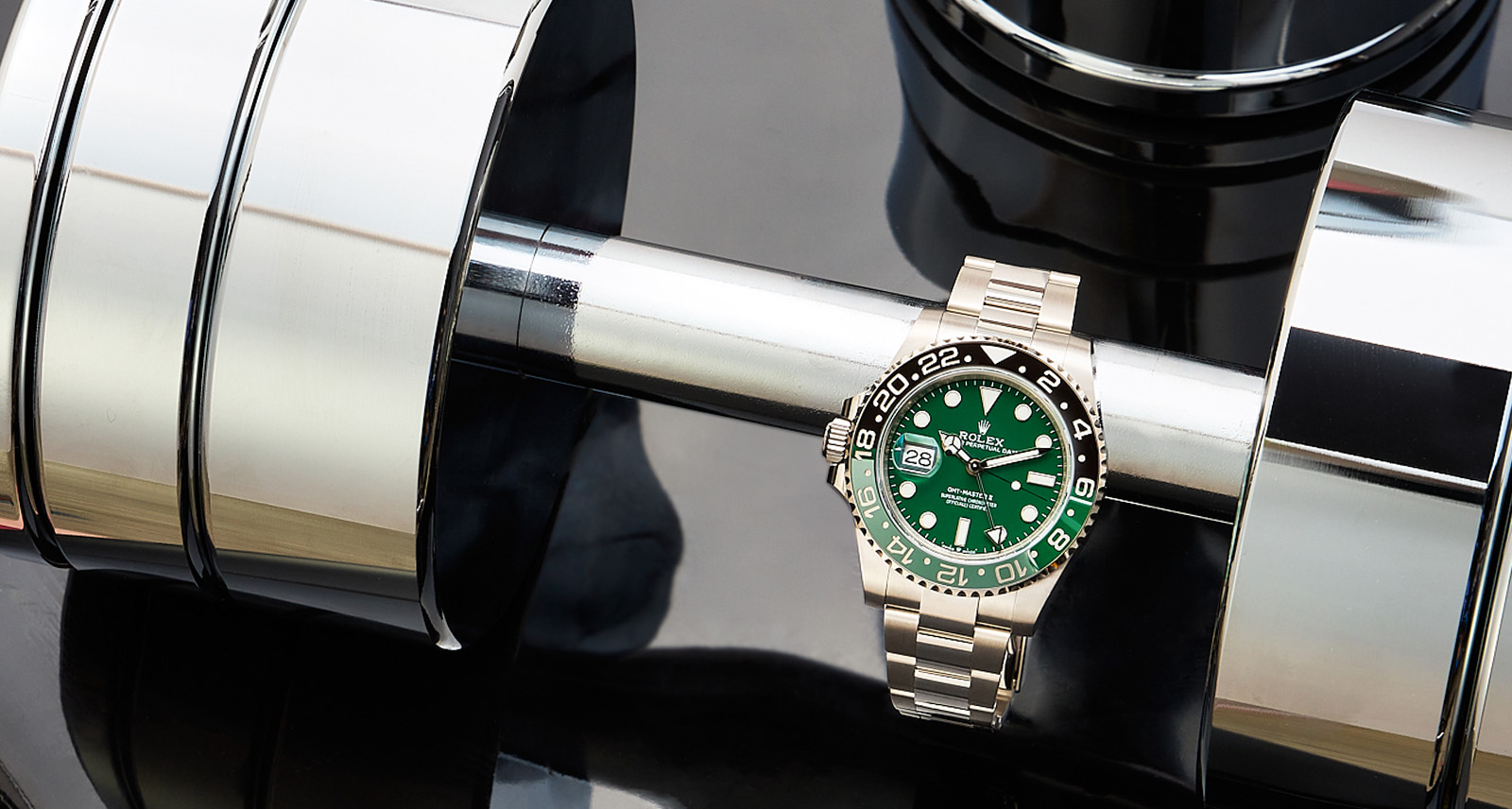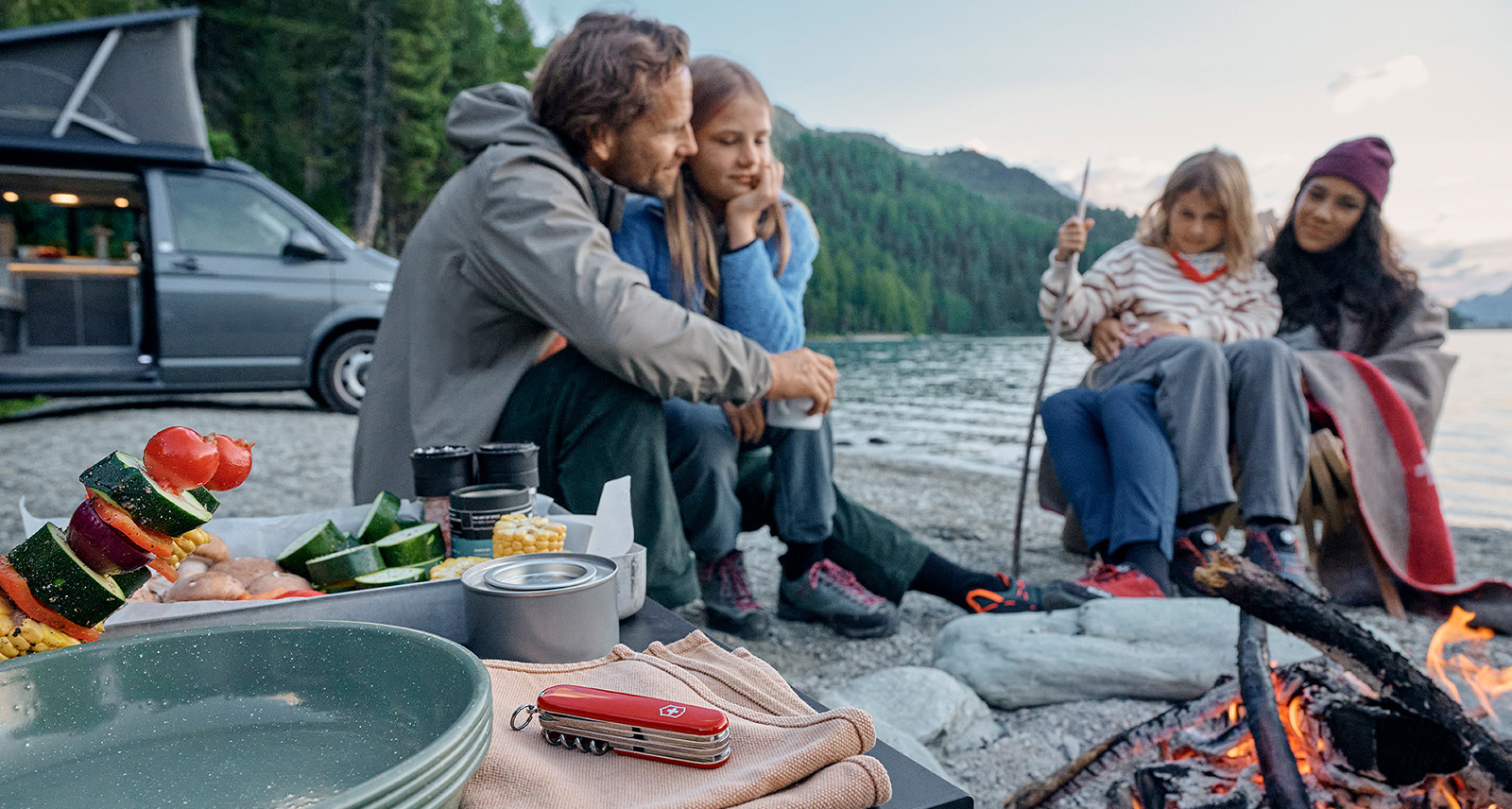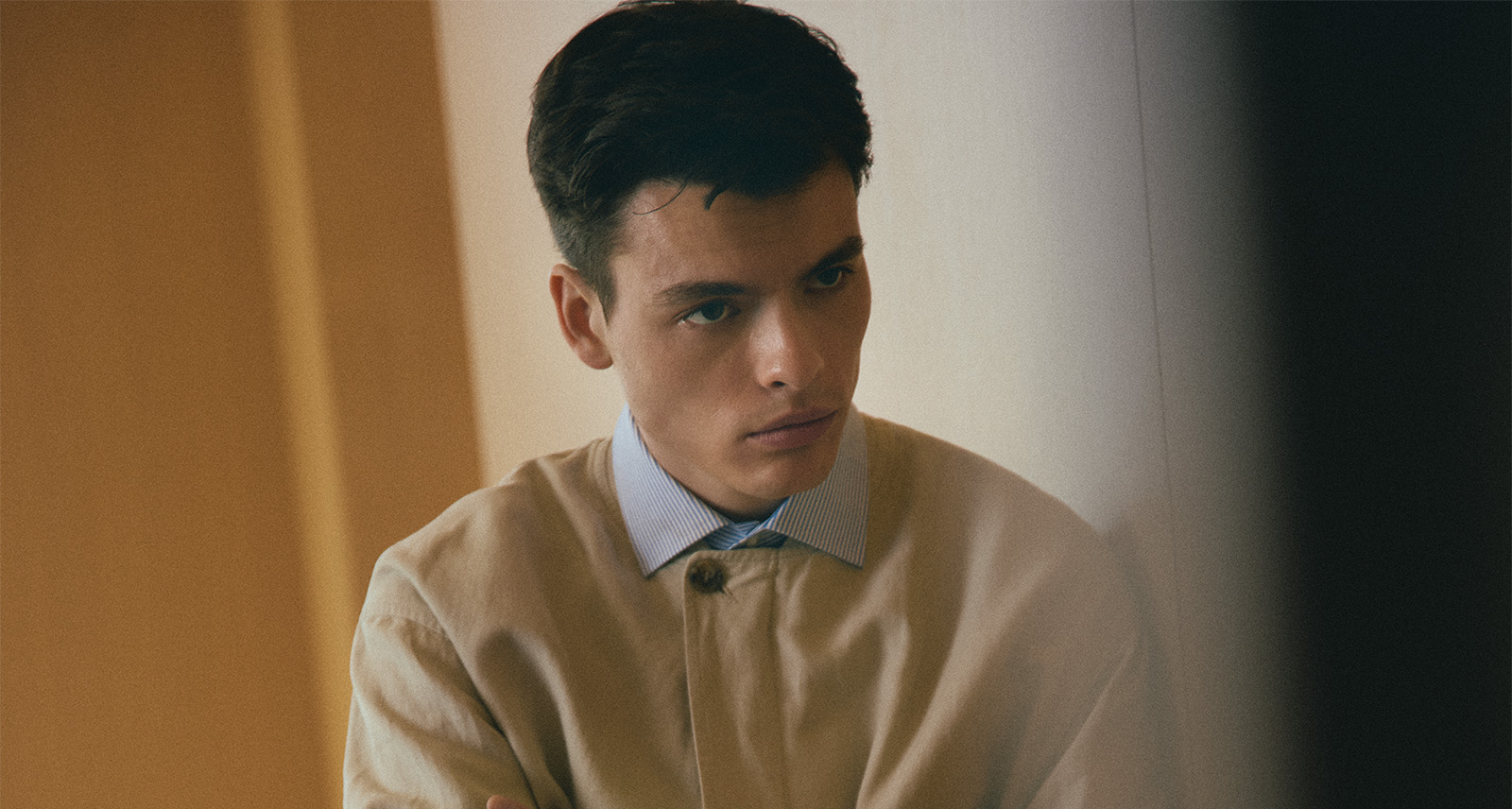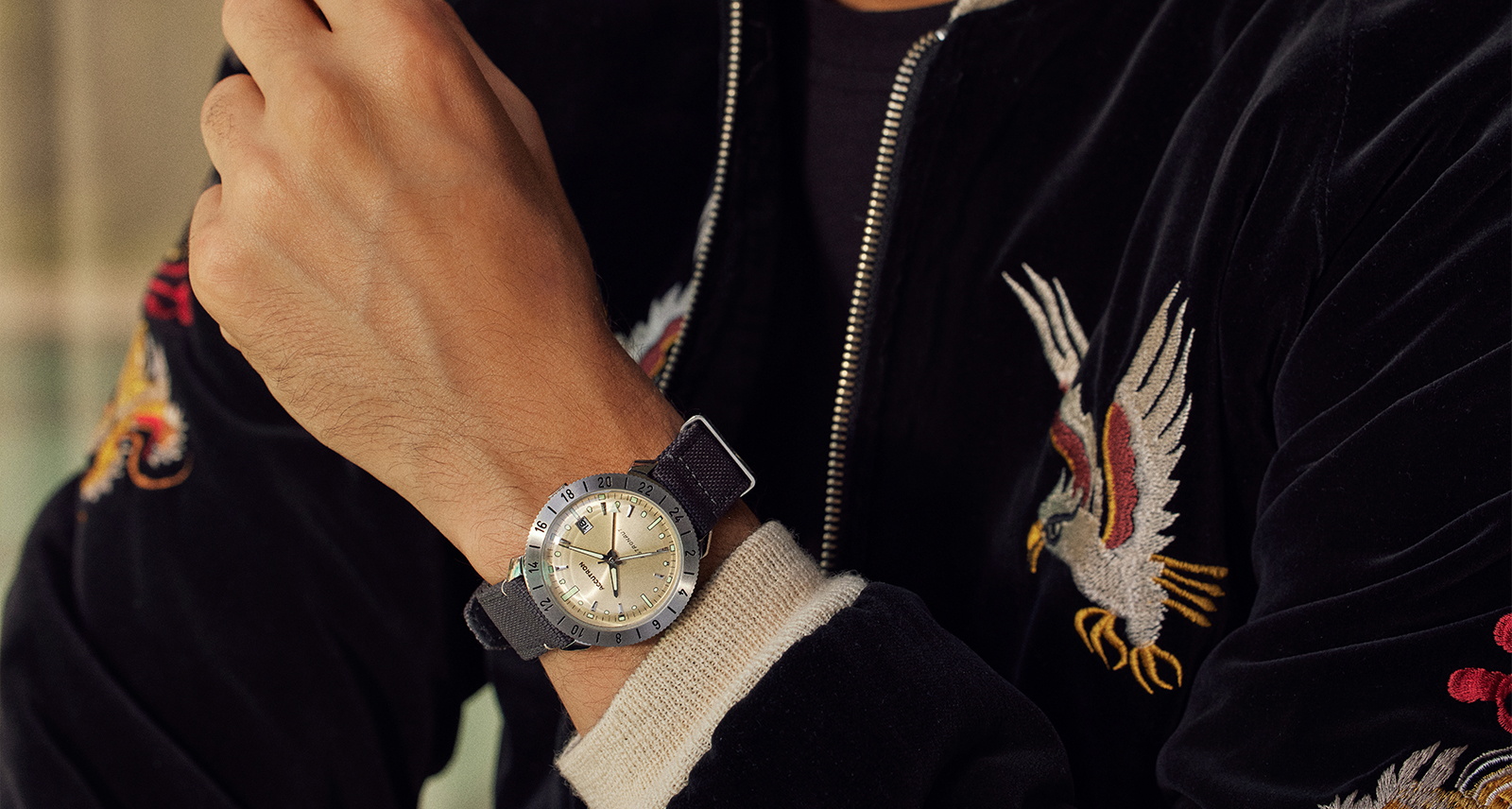Nike Master Trainer Joe Holder Wants to Open-Source Your Wellness
What does Joe Holder do? As someone who’s followed his work for the better half of a decade, I’ll admit that the answer is only getting harder to pin down. For most, a neat and tidy resume is aspirational. But for Holder, the notion of a title — trainer, author, athlete, influencer, educator, entrepreneur, et cetera — seems quite constricting. His role as a public-facing multi-hyphenate began after college. Holder played Ivy League football at Penn and, following his graduation, leveraged his academic and athletic foundation to disassemble the system of “wellness” he’d learned to excel in. There were values and practices he resonated with, but the system at large felt archaic. He figured it was time to build his own: the Ocho System.
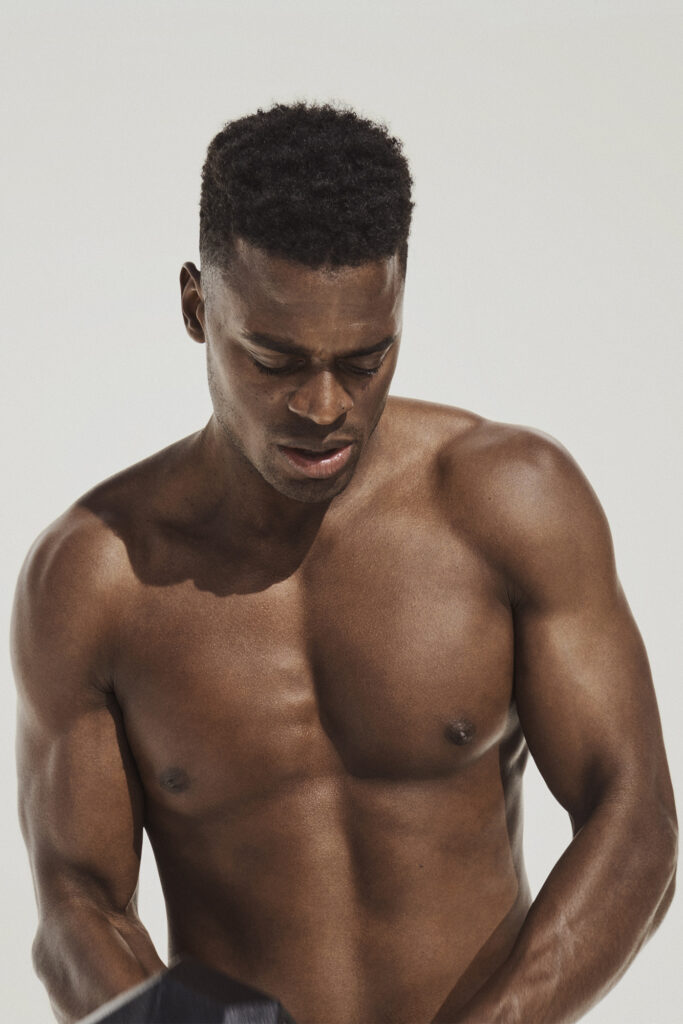
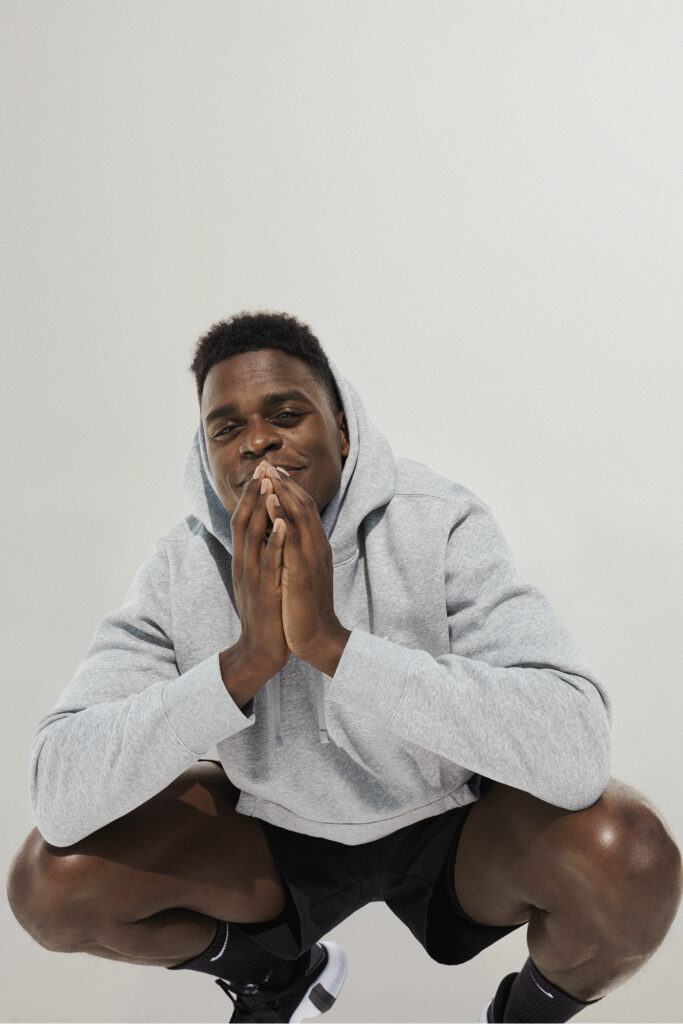
When I recommend his work to friends and fellow runners, I usually describe him as something like a modern-day monk (one who’s traded out their robes for Nike ACG). If that isn’t quite specific enough, I explain that he was the internet’s first fitness guru, working alongside celebrities like Naomi Campbell and Bella Hadid to help transform their relationship with health and wellness. He worked closely alongside his friend and collaborator, Virgil Abloh, after being brought on board as a Nike Master Trainer. Now, he’s taking what he’s learned along the way to offer what he calls “open-sourced knowledge.”
As for how that might manifest next — between columns, personal training sessions, Nike camps, or a long-awaited project he describes as “ESPN meets Sesame Street” — is anyone’s guess. But in an age when fitness influencing has become an empire and misinformation feels murkier to navigate than ever before, Holder’s offers his guiding Tao for training, nutrition, and open-sourcing knowledge.
“Instead of giving a benchmark of ‘You need to lose weight,’ I like to pose questions like, ‘Do you deserve to feel good?'”
Joe Holder
We’re in a really interesting time in health and wellness where information is more accessible than ever. But it’s also disorienting to some degree. From your perspective, what are some of the emerging hurdles to someone adopting a sustainably healthy lifestyle?
A lot of it is that they think they don’t have the time. Most people don’t have a foundation of health or wellness literacy. So, the little things become obstacles, whether it’s not understanding that short bursts of exercise can be effective, or the importance of sleep, or balancing aspects of their diet. We’re in a time where people feel exceedingly overwhelmed by even the concept of finding that balance.
When we talk about literacy, I think it starts with understanding that it shouldn’t be a punishing experience. It’s about care. You know, helping people understand why movement and nutrition is a natural balance for us. You have to make people care in some way that runs deeper than chasing [after] a number.
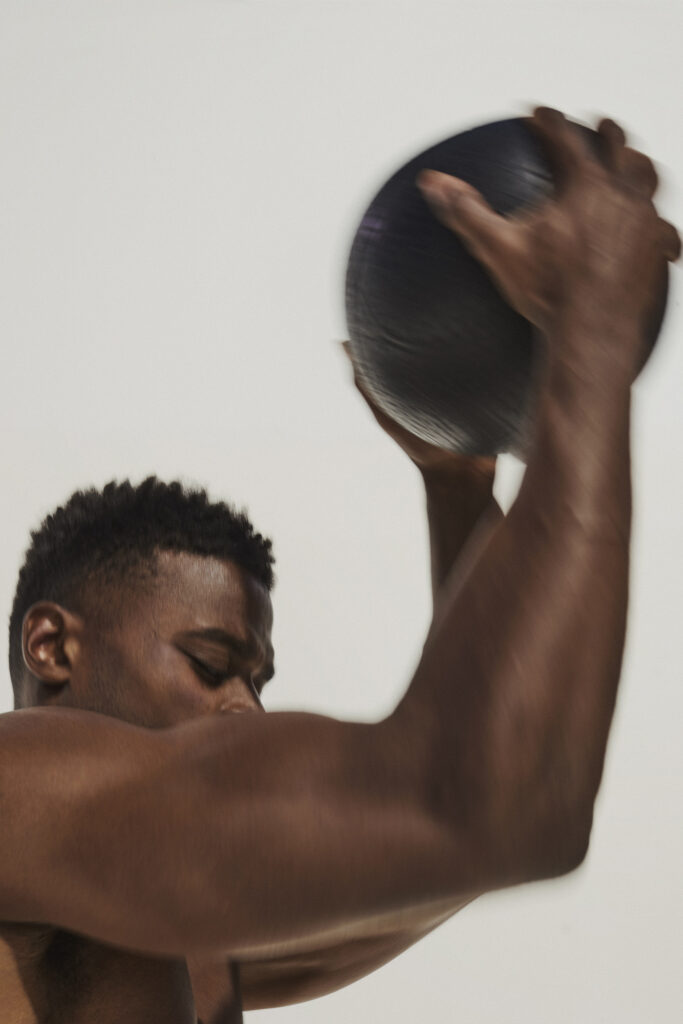
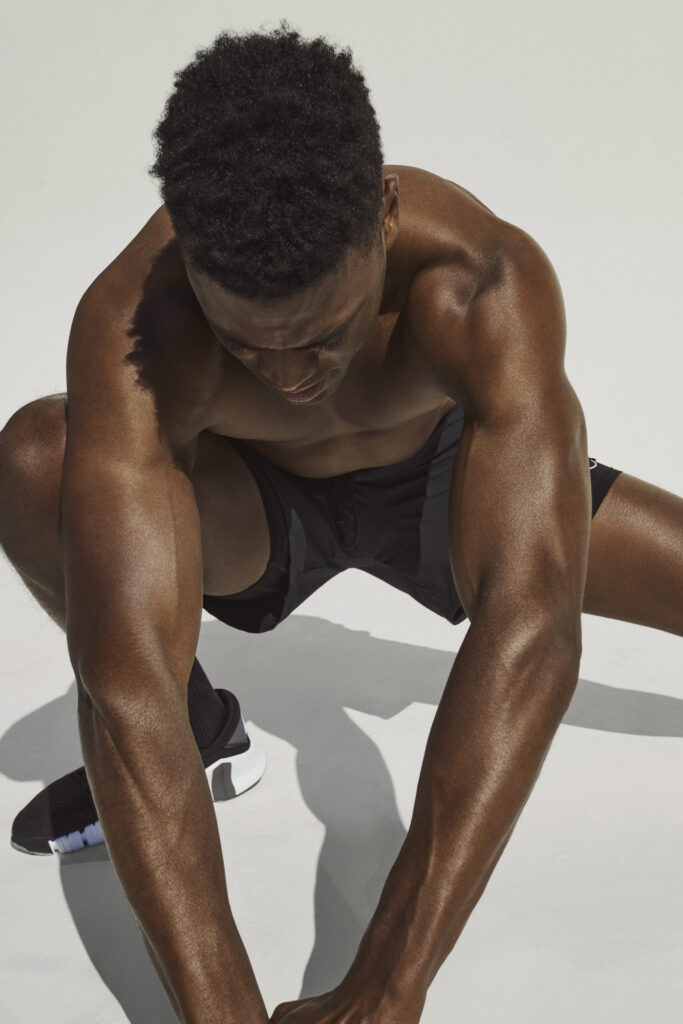
When you’re helping someone find their “why,” are there common throughlines that people tend to find sustainable?
Every individual is so different, and everyone is going to have a unique relationship to their self, their body, and the people around them that they want to stay healthy for. The job of a good coach is to make it a lifelong pursuit for them, to make it interesting. A lot of times, you have to break it down into logic. Instead of giving a benchmark of “You need to lose weight,” I like to pose questions like, “Do you deserve to feel good?” I mean, for lack of a better word, it’d be dumb to say no. Of course you deserve to feel good. So, then the next step is seeing how we can go about unlocking that in different ways.
It’s really about taking time to find the unique threads that resonate with each person. For some, it’s working on diet. For others, it’s exercise. For a lot of people, it starts with focusing on their mental and emotional well-being. But I always make it clear to people, “Hey, you’re not going to be with me forever, so let’s figure out a way to make it real for you.” A lot of the people I’ve worked with in my career — especially celebrity clients — I’m the person [who] helped jumpstart this relationship with wellness. So, I look at myself and other coaches as a great middle school or high school teacher. You hope they remember those lessons and that it sets a foundation, and then once they leave, they can continue to hone it.
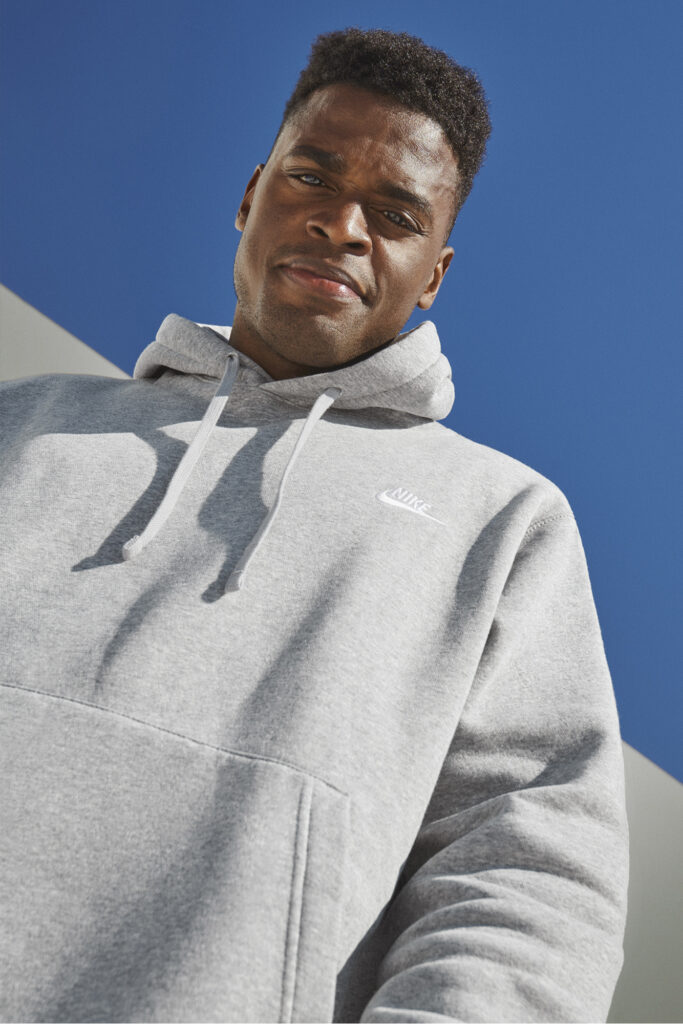
You mentioned celebrity clients. That’s something that really helped jumpstart your notoriety in the wellness space, well before “gymfluencer” became a viable career path. How did you establish yourself as an authority in such an unestablished space?
I think the equation was pretty simple at the time. I had success because I got into the game early and, really, most people just didn’t have a personality. I think my story made for an interesting one — I’m an Ivy League-educated kid, I played college football, I had to overcome some pretty severe injuries, I tapped into the mental side of it, and I embraced lifelong learning. I just think there was more substance-based personality for people to connect with. Most people were focused on group class training at the time, but I did semi-private one-on-ones, and I helped bring a lot of the performance and scientific terms that I trained and recovered with [in college] to a wider community.
It was basically using my personality and background to affirm to people, “You deserve to feel good.” I created that emotional connection, and then, I brought in more technical aspects.
“With Virgil Abloh’s projects, a lot of that was taking culturally relevant figures, and then helping them understand the value of wellness. […] My belief is that Reaganomics only works in culture. It’s that trickle-down effect — it’s just an idea, then it starts to percolate out, and you can get absorbed in it.”
Joe Holder
You’ve done a lot of work alongside Nike over the years, really riding the line between emotional connection and technical knowledge. How important has that relationship been to your coaching development?
I think Nike really pioneered the wave of fitness programs and media coming together, which has been copy and pasted by so many brands since. Early in my career, Nike had a place called 45 Grand, which basically provided one-on-one training for celebrities, influencers, and media before that was really a thing. Later, I helped create a fashion week concierge program where I [went] to Paris, London, and New York to train media, fashion designers, and models, incorporating programs into their schedules.
A lot of the programs were tested by media, like Zoom Camp, which was basically teaching people throughout the summer to run their fastest mile over 12 weeks. It was woman-oriented, centred around carving out space for people to really push boundaries. The mile tests you like that. It’s just pure intensity, so it really taps into pushing mental and emotional boundaries. […] A lot of my work with Nike is basically grounded in curating experiences and then open-sourcing them to wider communities. There’s definitely more that I’ve missed, but it paints the picture.
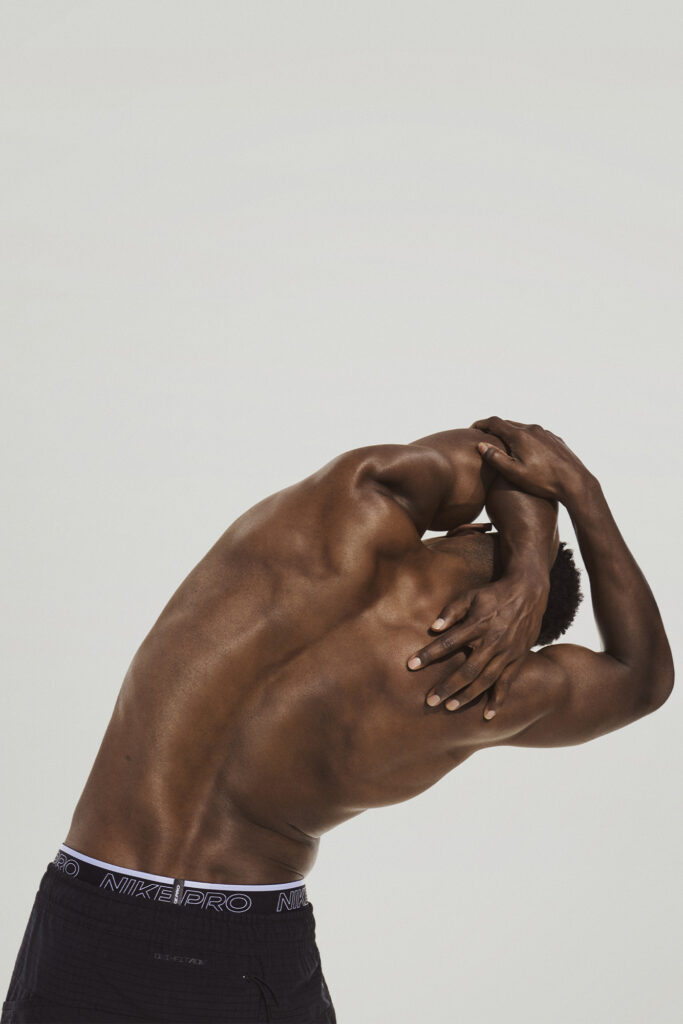
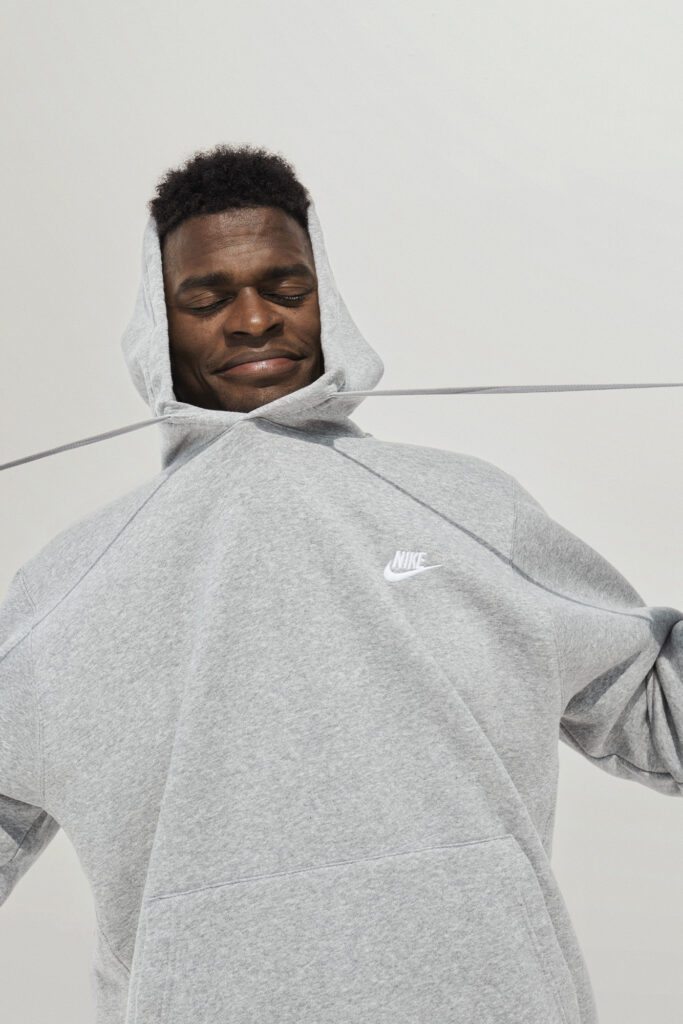
You’ve talked about open-sourcing knowledge before. Where does that philosophy come from?
With the Matthew Williams projects, with Virgil Abloh’s projects, a lot of that was taking culturally relevant figures, and then helping them understand the value of wellness. And then from there, that diffused into culture, because my belief is that Reaganomics only works in culture. It’s that trickle-down effect — it’s just an idea, then it starts to percolate out, and you can get absorbed in it.
Then, there are more community-facing events, like Nike supporting my Exercise Snacks events. That’s just basically like a community moment. Once or twice a month, we come together, we train, then you go on and do your own thing. And if you can make it back for the next one, you keep it moving and it kind of creates more accountability. And the other side of it is also the [Nike] app. Like I created some training programs for the app and I have individuals that have done my workouts at those programs, you know, five, 10-plus times.
So, yeah, my thing is — and I used to talk with Virgil about this a lot — how do you open-source knowledge to make it beautiful? And how do you create participatory ecosystems for people to care? And I think that’s what fitness and wellness should be about. And product will naturally always be a part of that. And I’m not naive enough to think that product doesn’t need to be sold. And of course, that’s what Nike does. But if people sweat, they’ll naturally need your products. So, you should create a flywheel of benefits back and forth.
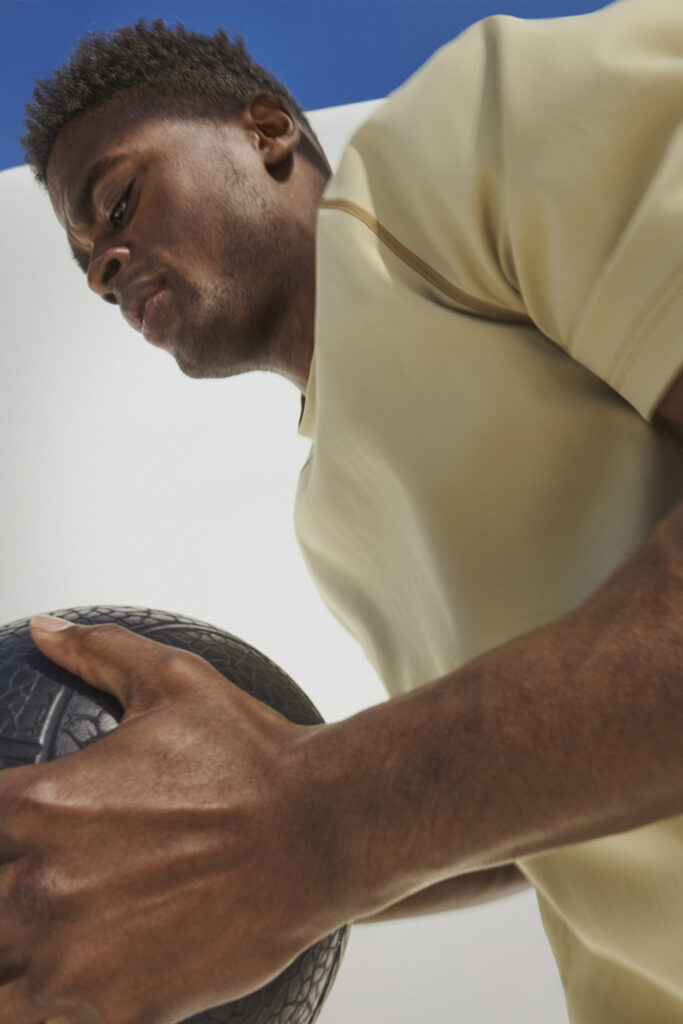
You’re speaking from a really unique vantage point as someone who established a following in the fitness space before there was this enormous conglomerate of influencers. You’ve seen the pendulum of trends swing back and forth, whether it’s an obsession with interval training or dieting “hacks.” Flash forward, what are the misconceptions most prevalent in the wellness space right now?
I mean, that’s a good question. The pendulum has definitely swung intensely. I think primarily, running has just gotten so big. And, with that, I think a lot of people think they need to prioritize mileage volume in order to make it productive and they don’t understand the metabolic effects. There are always different ways to skin a cat, though. So, you have to figure out the thing that works best for you, not just what’s being said in the zeitgeist.
“If anybody is just starting out, take a basic course on Coursera, find primary sources on PubMed or Google Scholar, or find published texts in real life. Get outside.”
Joe Holder on finding resources for fitness.
But I actually think we’ve gotten better in terms of communicating information. Recovery has become a bigger focus, as well as cross-training. But fasting is the big one. […] A lot of people don’t know the difference between an eight-hour window versus 12-hour versus circadian rhythm eating, et cetera. There’s nuance to it, but most people just generalize it into time-restricted eating.
Depending on your age, gender, and fitness history, there are so many factors to account for in fasting. Fitness has come a long way, for sure. But dieting — and fasting, especially — needs to catch up.
That’s where get into pretty high-stakes stuff, when we talk about people liberally experimenting with fasting, right? There’s a big difference between getting shin splints from running too much and literally not giving your body the fuel it needs to operate on a daily basis. So, I’m curious, as an Ivy League graduate with high-level athletic experience, what sources do you recommend people turn to?
Honestly, it’s tough. I was a sociology major with a concentration in health and medicine, so I’m partial to primary sources. My friends make fun of me for it because I’m not a big podcast guy. For me, it’s more about asking the foundational questions. It’s not just looking for the right answer. It’s being able to ask the right questions. And once you ask the questions, you always get down to the basic stuff. So, if anybody is just starting out, take a basic course on Coursera, find primary sources on PubMed or Google Scholar, or find published texts in real life. Get outside.
But I will say that I think a major problem with the industry is that there isn’t an easily absorbable short-form education. I always think like ESPN meets Sesame Street. That’s my calling. I’m trying to figure out how to make these things simple and applicable. So, I will say that’s a hole in the market. I don’t think there’s a place people can go to be able to get the basics in non-inflammatory or overwhelming terms and then be able to start the practice immediately.
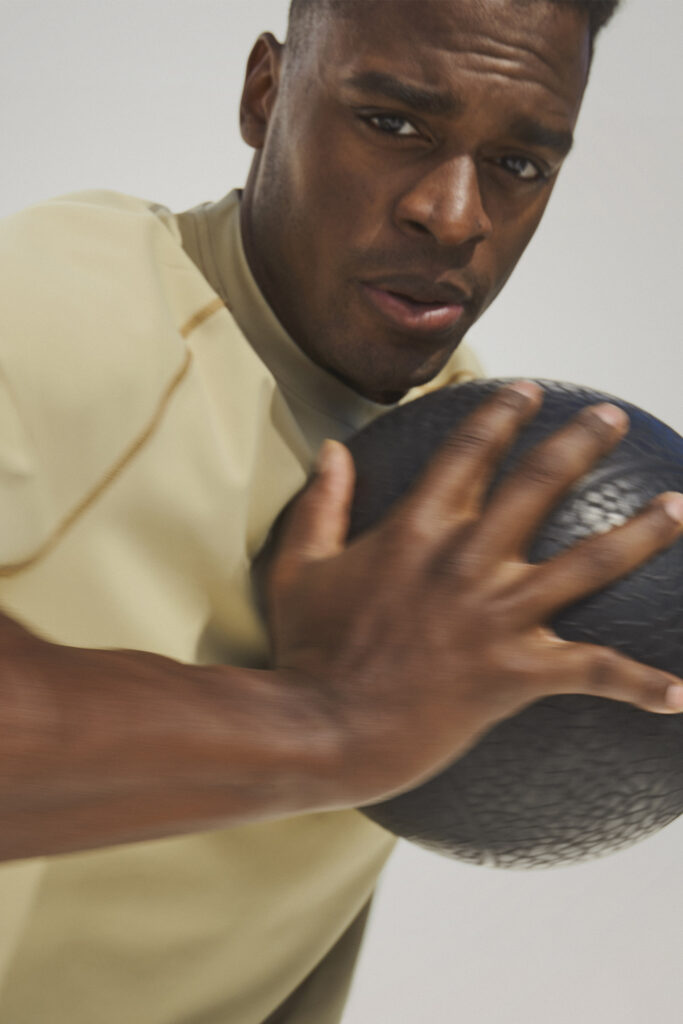
Sorry, I’m laughing because I’m listening to you and thinking, “Uh oh, I think we just added another project to your plate.” I know your bandwidth is pretty tight but there might be another hyphenate on your resume.
[Laughs] I think that’s always been what my work has been leading towards. I haven’t really talked about this much but I’m currently pitching a podcast to different production companies and seeing which one comes with the best offer. I think there’s an enormous market to speak to the average middle American who’s just trying to do a little bit better.
I don’t get why I can turn on the TV and there’s Bloomberg News or there’s ESPN or there’s E! News talking about fashion or finance or sports. Health and wellness, at the end of the day, is such a valuable industry. So, in my opinion, whatever brand figures out how to create its own media ecosystem that’s able to leverage foundational products will win. And, to me, there are only two brands that can really execute it: Apple and Nike. So whichever one of them wants to step up and do it, I’m here.
